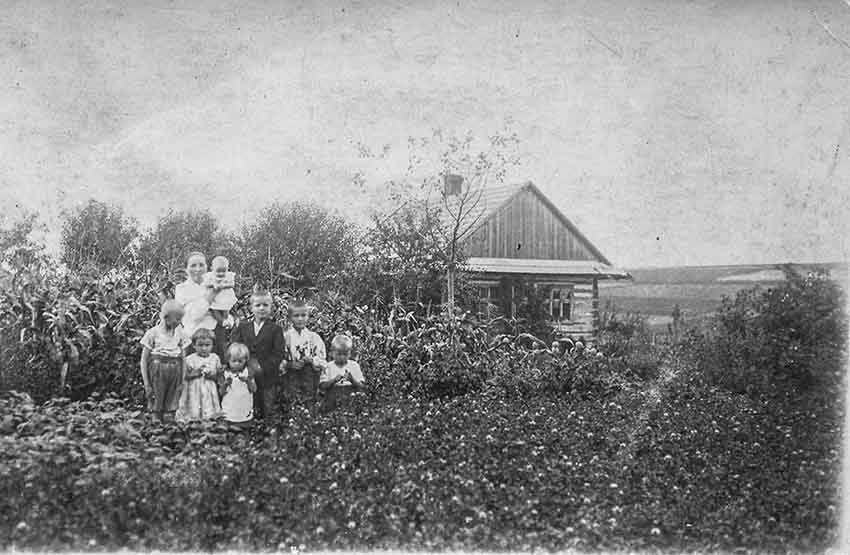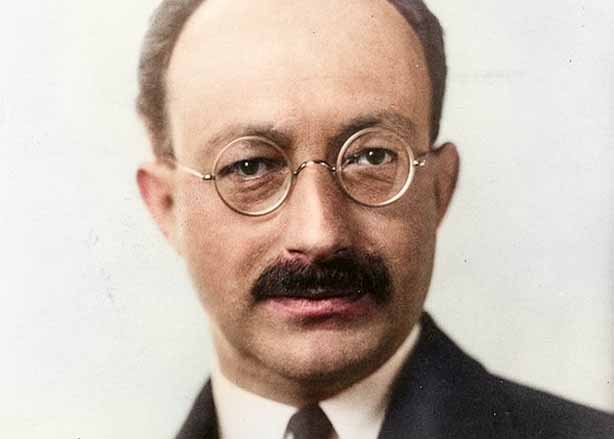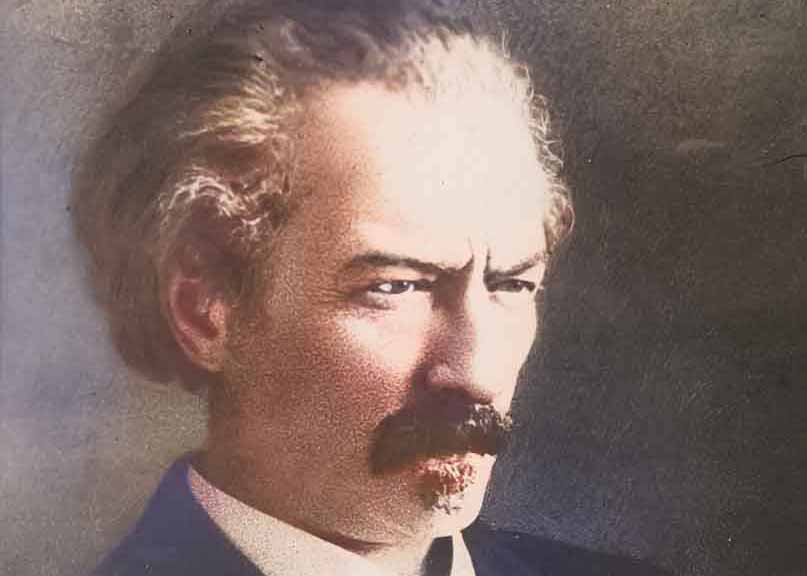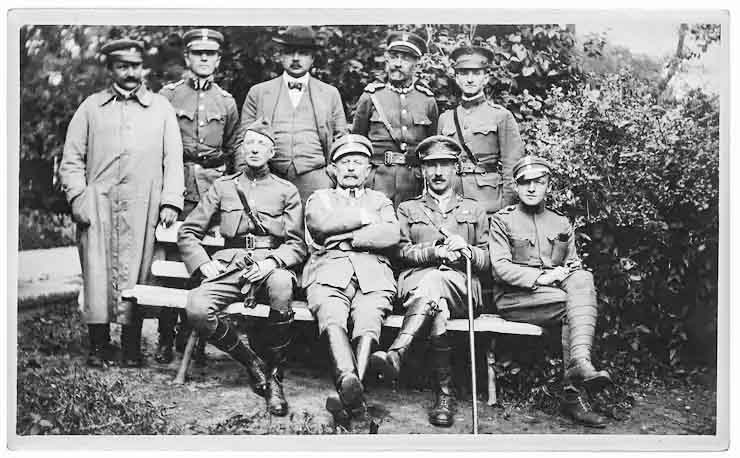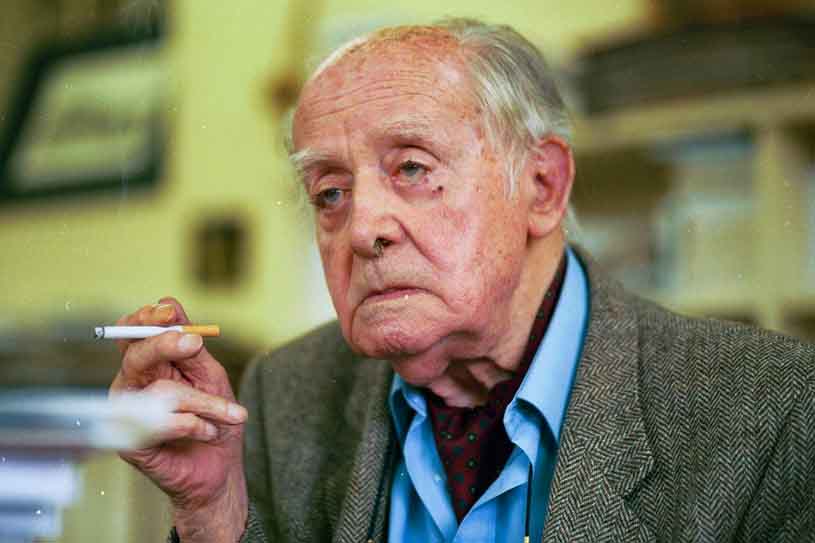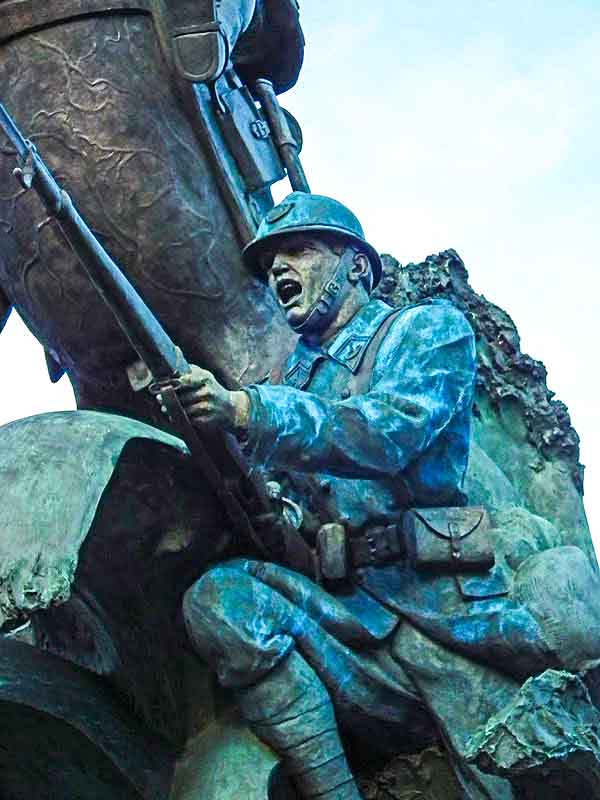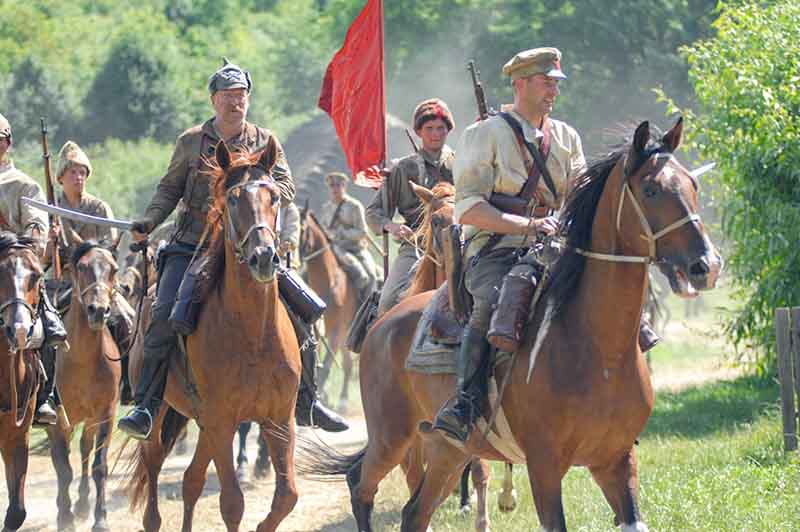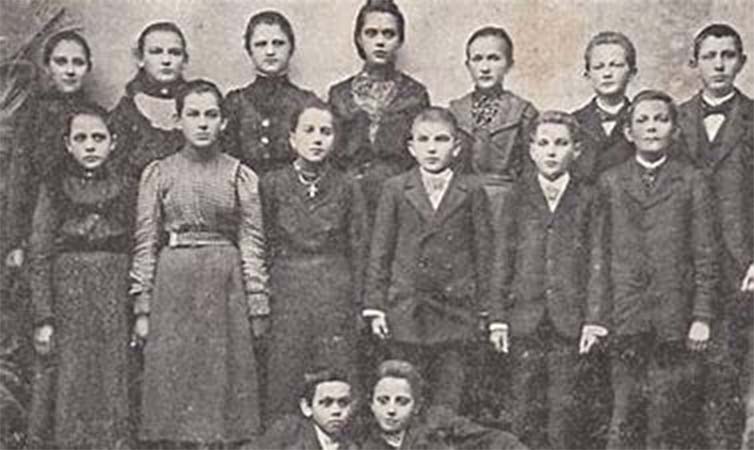Poland was devastated during WWI (1914-1918). Poles living in America initiated the Polish White Cross and Polish Gray Samaritans of YWCA, which recruited nurses to support Polish soldiers and families. These actions were critical to Poland's postwar rebuilding efforts. Sadly, their stories have been forgotten.
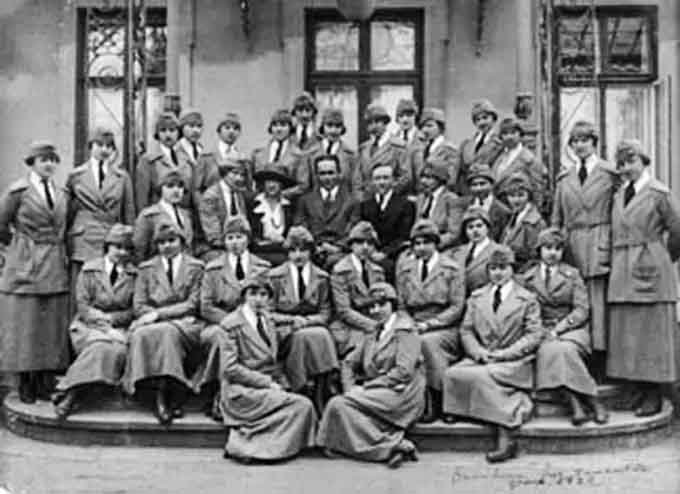
Polish Gray Samaritans. Photo courtesy of the Immigration History Research Center, University of Minnesota. (Source: pamsm.org)
The American-trained nurses, including YWCA Gray Samaritans and nurses from Polish White Cross, arrived in Poland in 1919. They helped more than 1 million children in need and soldiers recovering from battle wounds. And they served everyone regardless of faith, ethnic background, or social class.
The Polish White Cross story has overshadowed the Polish Gray Samaritans. The Polish White Cross is better known for its founders, Ignacy and Helena Paderewski. Ignacy Paderewski was a famous pianist, philanthropist, politician, and composer. In 1919 he became a prime minister and foreign minister after Poland regained independence in 1918. Helena (née Rosen) is known for fundraising for the cause, especially the Paderewski Dolls. Both organizations, the Polish Gray Samaritans and Polish White Cross, trained nurses and supported educational activities.
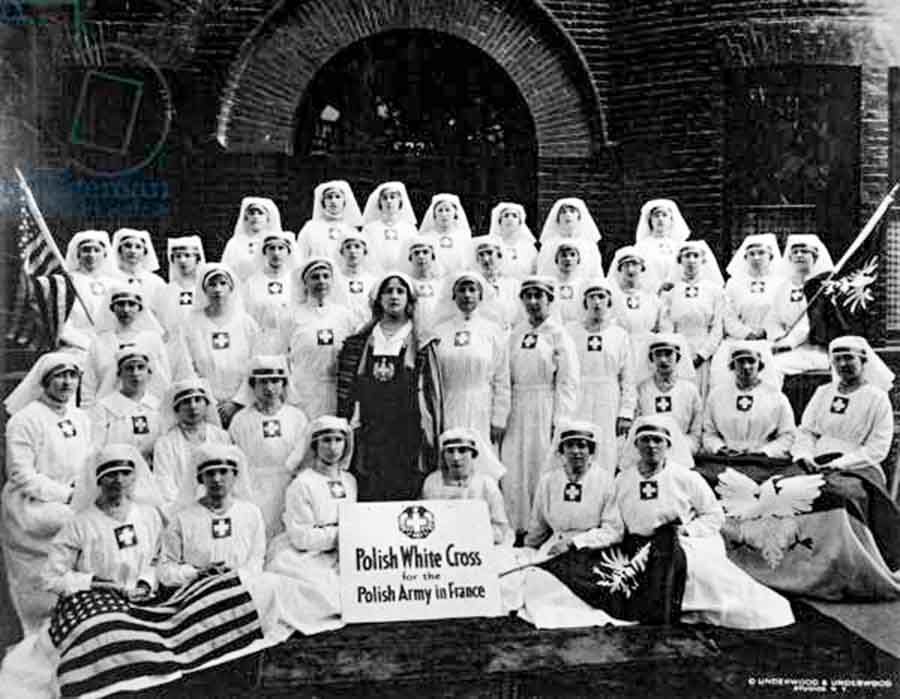
Polish White Cross (Source: pamsm.org)
The YWCA War Work Council established the Polish Gray Samaritans in partnership with the American Relief Administration (ARA). Countess Laura De Turczynowicz (née Laura Blackwell) was instrumental in promoting the training of young American women of Polish descent through the YWCA for the Gray Samaritans.
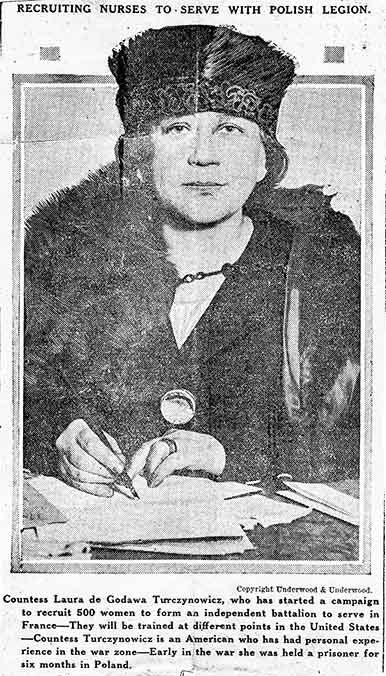
Countess Laura De Turczynowicz (née Laura Blackwell) (Source: pamsm.org)
Laura knew firsthand the horrors and atrocities committed during WWI. She lived in the Suvalki area on the edge of Augustowo Lakes. During the war, her husband Stanislaw De Turczynowicz, a professor of hydrology, was mobilized in the Russian my as an inspector-in-chief of the Sanitary Engineers. She and their three children were held hostage by General Von Hindenburg. After a dramatic escape from the war-torn area where she lived, which the Prussian army invaded, she returned t the US in 1915. De Turczynowicz, engaged in public speaking, wrote a book that became an instant bestseller in 1916 and campaigned to solicit funds and recruit volunteers for the relief effort.
The Polish Gray Samaritans of YWCA was a group of volunteers that provided much-needed relief to Poland, devastated by World War I (1914-1918).
Eleanor Wasielewski was an alumna and faculty member of Minnesota University (now the University of Minnesota). Wasielewski (later known as Eleanor Anthony) was the first Gray Samaritan recruit.
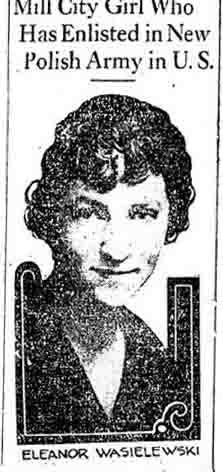
Eleanor Wasilewski (Source: pamsm.org)
After the initial screening and training, about 99 women received additional six months of training in New York, and 77 graduated in June 1919. The first group arrived in Poland in July 1919. They trained local volunteers, assisted refugees, supervised aid transport and distribution, and helped millions of children in need and soldiers recovering from battle wounds. The Gray Samaritans served in Poland for three years.
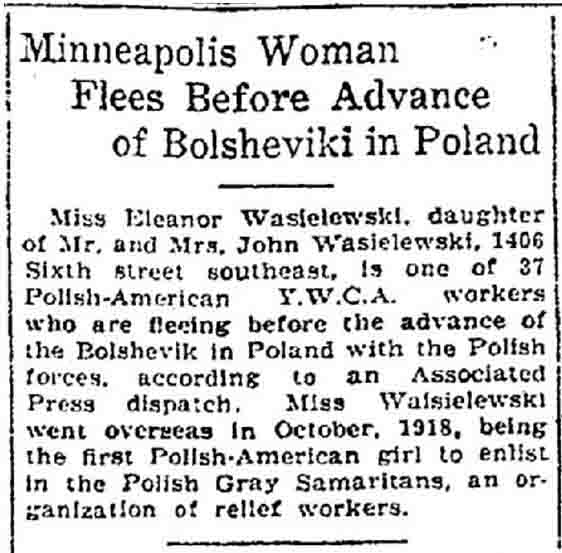
Article about Eleanor Wasilewski (Source: pamsm.org)
Thank you, Ms. Jill Johnson and Mr. Mark Dillon, for contributing archival materials to this article.
Article originally published by the Minnesota Polish Medical Society (pamsm.org). Republished with permission.





